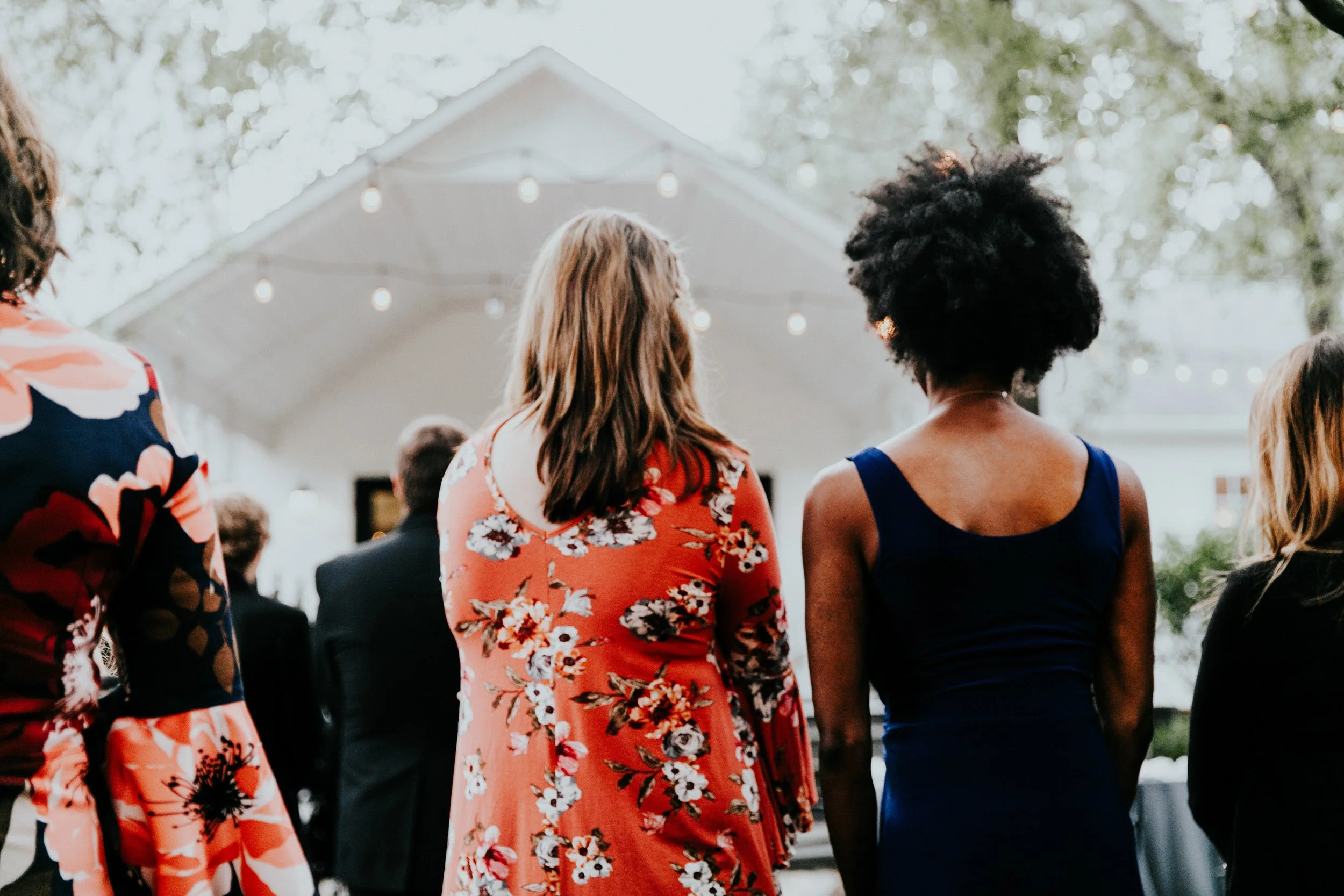Finding True Identity Through Unity
Finding True Identity Through Unity
I recently had a conversation with a friend about what it means to fully be yourself, while seeking union with others. Naturally the conversation went back and forth about the hardships of this very idea, but I had to cling to the fact that God created mankind to not only reflect His glory, but to also bare His image and share in fellowship with one another. Identity in Christ is not merely about the pursuit of individual satisfaction, but the pursuit of union and unity with everyone. Union, for me, focuses on the authentic aspect of presence, whereas unity focuses on the practicalities of the relationship. There are many complexities when it comes to finding your identity while trying to live in a unified manner with other people. Often times we avoid union with our brothers and sisters because of past hurts, disappointments, stereotypes, upbringing, broken trust, injustices, and the list goes on. But what if our fulfilled identity is directly connected to our union with one another? Maybe there is meaning and purpose intrenched within the complexities. The meaning and purpose of life is to discover one’s true identity in Christ, with the understanding that your identity is really not about you.
Christ serves as the perfect example. God in human flesh. Did he have to become one of “us?” No but he chose to because He wanted for us to share in union and fellowship with the Triune Godhead (Father, Son, and Spirit). With the rise of individualism within the American culture, we are often blinded by our own desires and emotions, that we negate our “original” command from God, to be fruitful and multiply. Not in the childbearing sense, that we often assume Genesis 1:28 is stating. What I suggest that we see here is an emphasis on the importance of presence, and the importance of relationship. God, who created us in order to share fellowship and relationship with Him, commanded us to be fruitful and multiply. Why? Well partly so that we could continue to rule the earth, but I suggest also so that we could share with one another a relationship similar to the relationship that He has between the Father, Son, and Spirit.Just as our ruling over creation is an image of the way God rules over creation, so our sharing fellowship with one another, as there are more and more people on earth, is an image of the way the persons of the Trinity have eternally shared fellowship with one another.
We have adapted the self-absorbed and self-focused cultural lie from the enemy. It’s funny to think, after God had spoken directly to Adam and Eve’s identity in Genesis 2, that Satan would speak against the very thing God had already affirmed. We often buy into the lie that this life, on earth, is purely about us and we often negate the importance of life being shared with one another. Jesus says, “whoever finds their life will lose it, and whoever loses their life for my sake will find it.” Let’s face it, we do not like to lose. One of my favorite theologians, Richard Rohr, states that we really do find ourselves through one another’s eyes, and only when that has been done truthfully can we mirror others with freedom, truth, and compassion (Falling Upward 157). We encounter freedom, truth, and compassion, when we take the focus off of ourselves and place it on others. We often negate loving others because we do not truly know how to love ourselves. We spend more time protecting ourselves, building walls, and living a skeptical and suspicious life that we walk around constantly in an identity frenzy. This is not the way in which God created us to live. The more we resist union and unity, the greater these tensions become. Remember, we are called to reflect the very image of God, as believers. That image is diverse. Each member of the Godhead has unique qualities that are diverse, but it does not negate their abilities to operate simultaneous. What if our truest identity is connected to the amount of diversity, we surround ourselves with? As the Apostle Paul says, “I became all things to all people.” Our freedom is found in Christ, sure, I get that and believe it, but it does not end there. I am learning each and every day that the work to be done starts with me looking past my own insecurities, prejudices, and preferences. My identity is made complete when I become one with my brothers and sisters.




